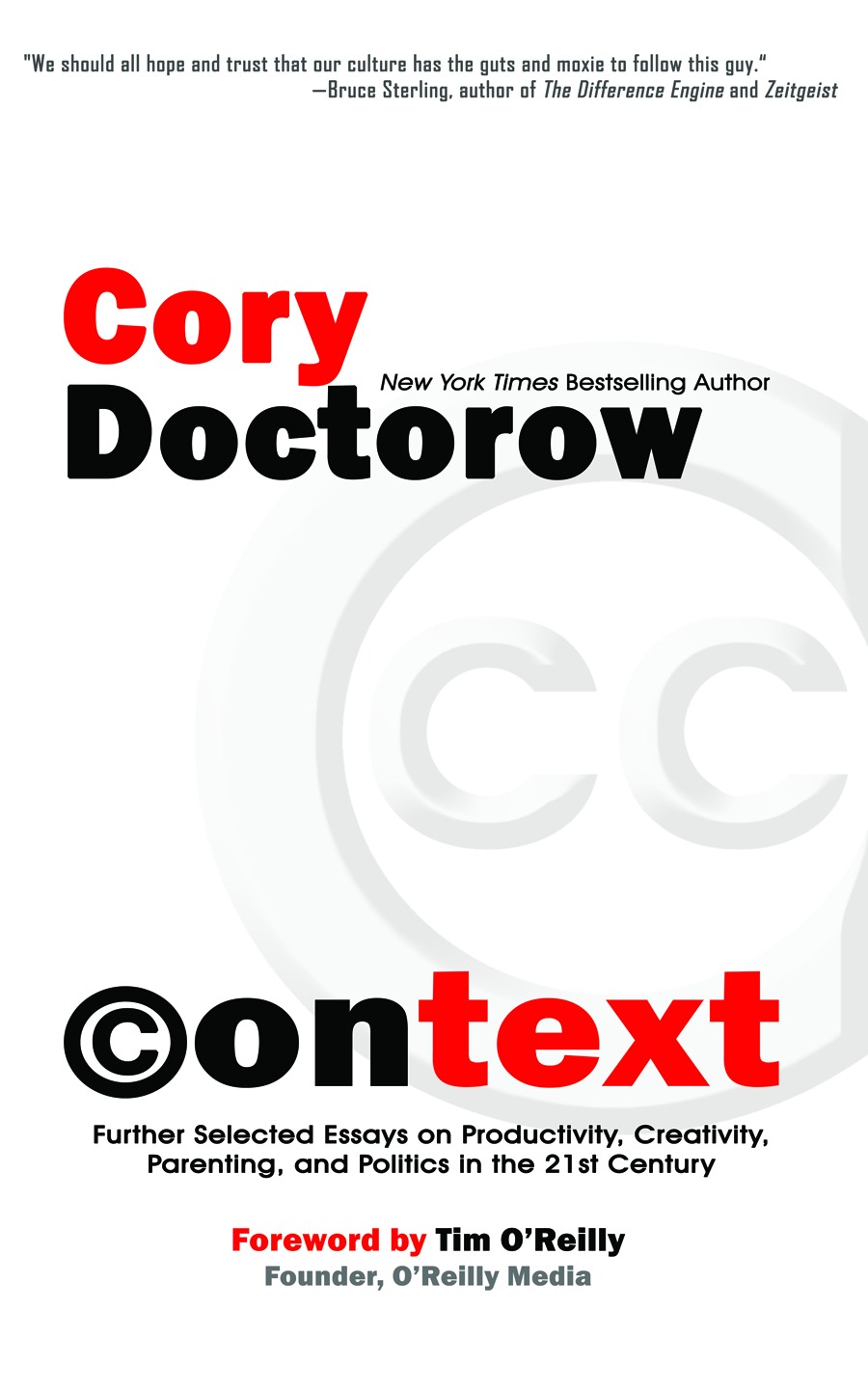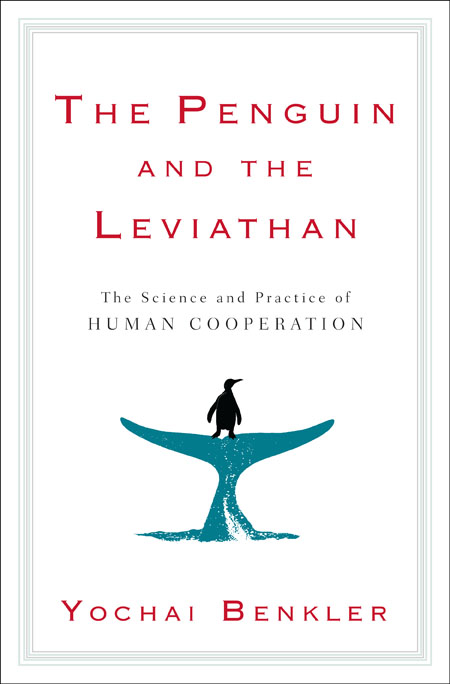Gabrielle Hecht (ed.): Entangled Geographies: Empire and Technopolitics in the Global Cold War (2011)
Filed under book | Tags: · cold war, decolonization, eastern europe, geopolitics, politics, technology, technopolitics

“The Cold War was not simply a duel of superpowers. It took place not just in Washington and Moscow but also in the social and political arenas of geographically far-flung countries emerging from colonial rule. Moreover, Cold War tensions were manifest not only in global political disputes but also in struggles over technology. Technological systems and expertise offered a powerful way to shape countries politically, economically, socially, and culturally. Entangled Geographies explores how Cold War politics, imperialism, and postcolonial nation building became entangled in technologies and considers the legacies of those entanglements for today’s globalized world.
The essays address such topics as the islands and atolls taken over for military and technological purposes by the supposedly non-imperial United States, apartheid-era South Africa’s efforts to achieve international legitimacy as a nuclear nation, international technical assistance and Cold War politics, the Saudi irrigation system that spurred a Shi’i rebellion, and the momentary technopolitics of emergency as practiced by Medecins sans Frontières.
The contributors to Entangled Geographies offer insights from the anthropology and history of development, from diplomatic history, and from science and technology studies. The book represents a unique synthesis of these three disciplines, providing new perspectives on the global Cold War.”
Publisher MIT Press, 2011
Inside Technology series
ISBN 0262515784, 9780262515788
336 pages
PDF, PDF (updated on 2019-7-14)
Comment (0)Cory Doctorow: Context: Further Selected Essays on Productivity, Creativity, Parenting, and Politics in the 21st Century (2011)
Filed under book | Tags: · censorship, copyright, creativity, intellectual property, internet, politics, technology

One of the internet’s most celebrated hi-tech culture mavens returns with this second collection of essays and polemics. Discussing complex topics in an accessible manner, Cory Doctorow’s visions of a future where artists have full freedom of expression is tempered with his understanding that creators need to benefit from their own creations. From extolling the Etsy makerverse to excoriating Apple for dumbing-down technology while creating an information monopoly, each unique piece is brief, witty, and at the cutting edge of tech. Now a stay-at-home dad as well as an international activist, Doctorow writes as eloquently about creating internet, real-time theater with his daughter as he does in lambasting the corporations that want to limit and profit from inherent intellectual freedoms.
Foreword by Tim O’Reilly
Publisher Tachyon Books, October 2011
ISBN 978-1-61696-048-3
Licensed under a Creative Commons Attribution-Noncommercial-ShareAlike license
Yochai Benkler: The Penguin and the Leviathan: How Cooperation Triumphs Over Self-Interest (2011)
Filed under book | Tags: · biology, business, collaboration, economics, floss, neuroscience, politics, psychology, society, sociology, software, technology, web

What do Wikipedia, Zip Car’s business model, Barack Obama’s presidential campaign, and a small group of lobster fishermen have in common? They all show the power and promise of human cooperation in transforming our businesses, our government, and our society at large. Because today, when the costs of collaborating are lower than ever before, there are no limits to what we can achieve by working together.
For centuries, we as a society have operated according to a very unflattering view of human nature: that, humans are universally and inherently selfish creatures. As a result, our most deeply entrenched social structures – our top-down business models, our punitive legal systems, our market-based approaches to everything from education reform to environmental regulation – have been built on the premise that humans are driven only by self interest, programmed to respond only to the invisible hand of the free markets or the iron fist of a controlling government.
In the last decade, however, this fallacy has finally begun to unravel, as hundreds of studies conducted across dozens of cultures have found that most people will act far more cooperatively than previously believed. Here, Harvard University Professor Yochai Benkler draws on cutting-edge findings from neuroscience, economics, sociology, evolutionary biology, political science, and a wealth of real world examples to debunk this long-held myth and reveal how we can harness the power of human cooperation to improve business processes, design smarter technology, reform our economic systems, maximize volunteer contributions to science, reduce crime, improve the efficacy of civic movements, and more.
For example, he describes how:
• By building on countless voluntary contributions, open-source software communities have developed some of the most important infrastructure on which the World Wide Web runs
• Experiments with pay-as-you-wish pricing in the music industry reveal that fans will voluntarily pay far more for their favorite music than economic models would ever predic
• Many self-regulating communities, from the lobster fishermen of Maine to farmers in Spain, live within self-regulating system for sharing and allocating communal resources
• Despite recent setbacks, Toyota’s collaborative shop-floor, supply chain, and management structure contributed to its meteoric rise above its American counterparts for over a quarter century.
• Police precincts across the nation have managed to reduce crime in tough neighborhoods through collaborative, trust-based, community partnerships.
A must-read for anyone who wants to understand the dynamics of cooperation in 21st century life, The Penguin and the Leviathan not only challenges so many of the ways in which we live and work, it forces us to rethink our entire view of human nature.
Publisher Crown Publishing Group, 2011
ISBN 0307590194, 9780307590190
272 pages
PDF (EPUB)
Comment (0)
